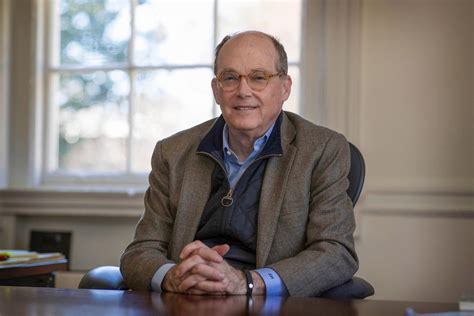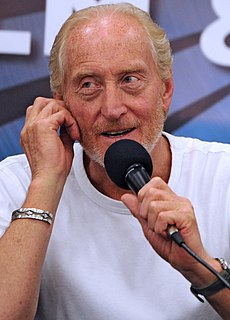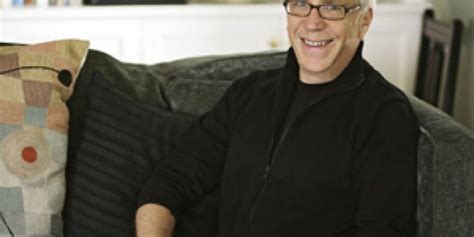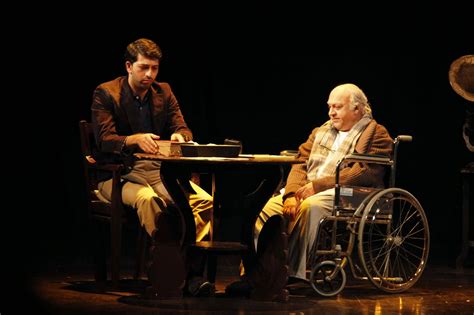A Quote by James Hunter
Power people are generally threatened by authority people.
Quote Topics
Related Quotes
True gospel authority, the authority to heal and renew things and people, is not finally found in a hierarchical office, a theological argument, a perfect law, or a rational explanation. The Crucified revealed to the world that the real power that changes people and the world is an inner authority that comes from people who have lost, let go, and are re-found on a new level.
There is a great difference, then, between "power" and "authority." Power refers to one's ability to coerce others (through physical, economic, or other means) to do one's bidding. One can possess the means of power: physical strength, armaments, and money. But authority must be performed. Authority refers to one's ability to gain the trust and willing obedience of others. While power rests on intimidation, authority survives through inspiration.
Remodeling defies the principles of modern commerce. You shell out great sums of money to people over whom you have no authority or power, yet these same people are constantly insinuating that you're cheap. (It reminded me of medicine, another area where you shell out great sums of money to people over whom you have no authority or power, who make you feel guilty for questioning a bill.) Construction workers are the blue-collar version of the snooty salespeople at Gucci who make $8 an hour but look down on you if you balk at a $400 alligator wallet.
The Democrat Party is willing to undermine whatever, if it'll get them back to power and keep them there. The Democrat Party's willing to undermine anything because, never forget: They need a permanent underclass. Do not doubt me. The Democrat Party is threatened by people who learn to take care of themselves. Self-reliance. The Democratic Party is threatened by people who learn rugged individualism.
In a culture of technique, we often confuse authority with power, but the two are not the same. Power works from the outside in, but authority works from the inside out. . . . I am painfully aware of the times in my own teaching when I lose touch with my inner teacher and therefore with my own authority. In those times I try to gain power by barricading myself behind the podium and my status while wielding the threat of grades. . . . Authority comes as I reclaim my identity and integrity, remembering my selfhood and my sense of vocation.
Power to the people' can only
be put into practice when the power exercised by social elites is
dissolved into the people. Each individual can then take control of
his daily life. If 'Power to the people' means nothing more than
power to the 'leaders' of the people, then the people remain an
undifferentiated, manipulatable mass, as powerless after the revolution as they were before. In the last analysis, the people can never
have power until they disappear as a 'people.
People are only mean when they're threatened… and that's what our culture does. That's what our economy does. Even people who have jobs in our economy are threatened, because they worry about losing them. And when you get threatened, you start looking out only for yourself. You start making money a god. It is all part of this culture.



































